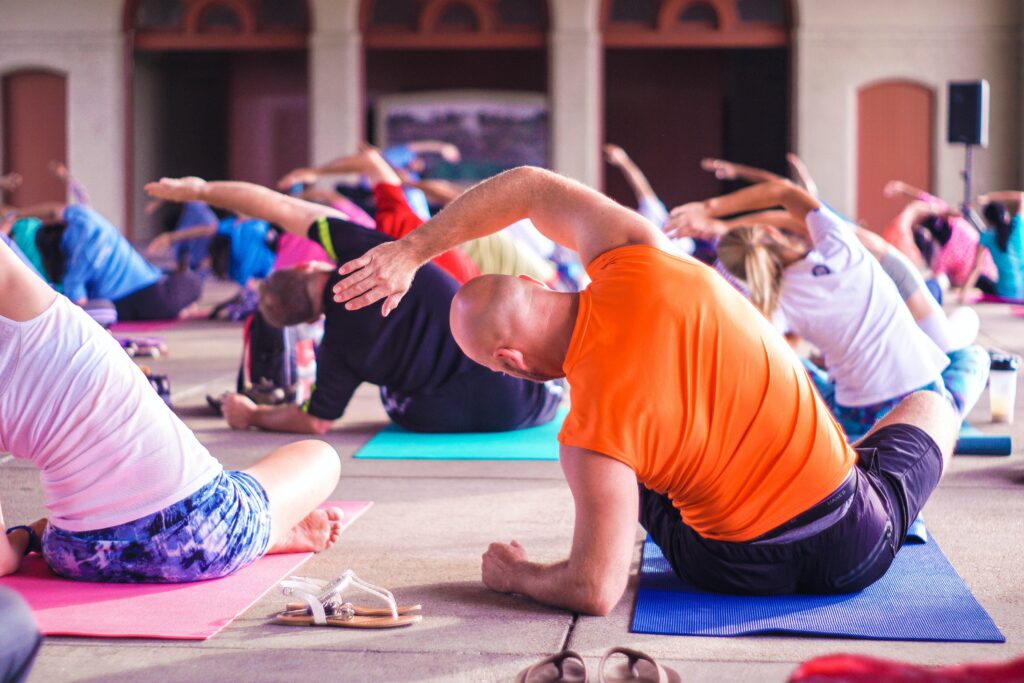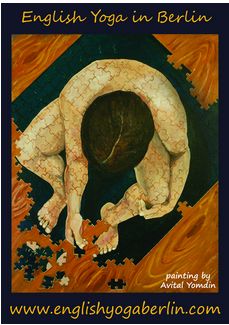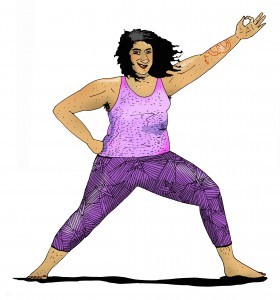
In the past 13 years of teaching yoga, a few students have approached me to ask about how to become a yoga teacher and what things to consider. This is an important decision for those of us choosing to take this path. Before you embark on searching for the yoga teacher training course (TTC) of your dreams take a moment to consider the following questions.
Why do you want to become a yoga teacher?
Let us start with the basics: why do you want to become a yoga teacher? Although it sounds obvious, it is worth sitting with the question to get some clarity. Some people wish to become a yoga teacher simply as a means to deepen their knowledge on yoga. They do not necessarily wish to teach afterwards. This is a perfectly acceptable reason to join a TTC. To reach such an in-depth knowledge usually can only come from a TTC, living in an ashram and serious self-study.
Others, on the other hand, have their mind set on teaching. They want to get a good certificate that will allow them to work afterwards. If this is your reason for joining a course, then take a moment to visualize your future. What images come up for you when you visualize this? Do you see yourself giving hands on corrections to your students? Are you guiding a meditation? Or alternatively, do you see yourself explaining complex spiritual notions to a group of people? Or are you simply holding space for your students to go through their own process? Use the images that arise as a compass to guide you through the different TTCs that exist, so that you choose the right one for you.
What style and lineage of yoga should you choose?
It is important to know what kind of yoga style you like. Search for a TTC that aligns to this style. Other than just the style, you also have to look at the lineage of the yoga teacher training course. For example, a Hatha Yoga class from the Sivananda lineage can be quite different to one from the Desikachar lineage. Sometimes concepts as basic as the breath can be taught differently and even contradict each other! I do find it worthwhile to spend some time reflecting and researching on these points. A yoga TTC is a big investment, so go and try out different styles, find out what lineage they follow. Make notes, keep an open heart, and learn what you like.
Yoga Lineage is not simple and straightforward
Lineage can be complicated as we are following the teachings handed down over several centuries. Furthermore, in the past decades there has been increasing amount of proof that quite a few important yoga masters and gurus have sexually harassed and abused their students over the years. Although, the teacher you choose is not directly related to the yoga guru of their lineage, it can be quite devastating to find out half way through your training course that the yoga lineage you chose has such dark secrets. One way to go about this is to ask your teacher about their stance on their lineage. If your teacher is treating their guru with unshakable reverence and is not able to condemn an action of sexual, emotional and physical abuse, then you should probably find a different teacher. If on the other hand, they are able to demonstrate critical thinking, can clearly disagree with such actions and empower students and teachers to challenge dogma… then they might be a better fit.
What is important for YOU to have in a yoga course?
Not all courses are alike. Some give much more weight to anatomy and alignment. Others are much more focused on yogic philosophy, spirituality and meditation. A few others focus more on how to lead groups, to hold space, and methodologies of teaching. How do you know which kind of course you are about to embark on? Ask for a copy of their curriculum to check out what they offer. Although all good courses will have a mix of all these things, find out where your TTC puts most of its weight. Does that align with what your wishes are?

There are a lot of things to consider when choosing the right TTC. These first questions and reflections are a good starting point. In part two of this blog I will discuss the difference in diplomas (200H, 500H, 600H); the importance of connecting with your teacher; some yoga teacher training courses in Berlin; and the teachers that have inspired me personally. Till then, get to know the difference in yoga styles, find out about their lineage, and check out some curricula.
Pinelopi has been a Hatha Yoga teacher since 2008. Her yoga Kreuzberg Berlin classes are open for and welcoming to beginners. She offers Berlin business yoga, private yoga classes for people struggling with chronic pain, yoga courses, retreats and workshops. She is currently deepening her knowledge through Leslie Kaminoff’s Yoga Anatomy course and training to become an Alexander Technique teacher.





